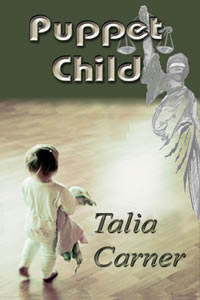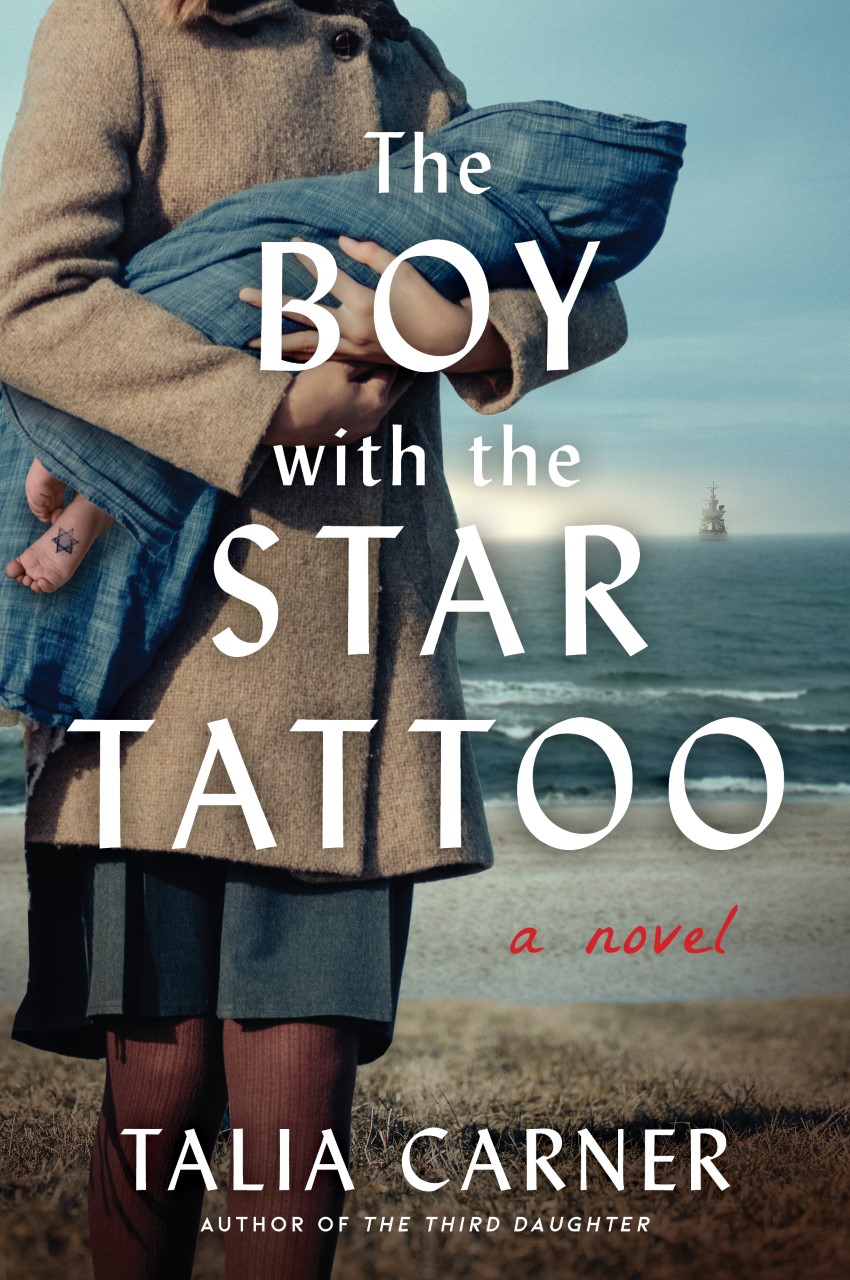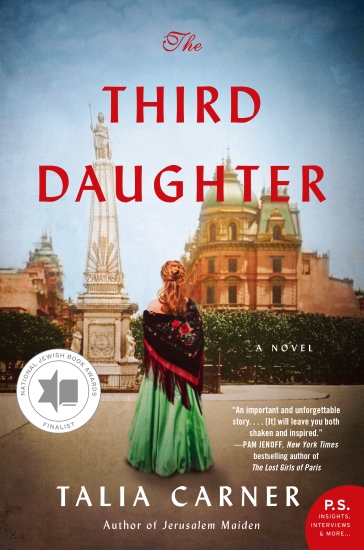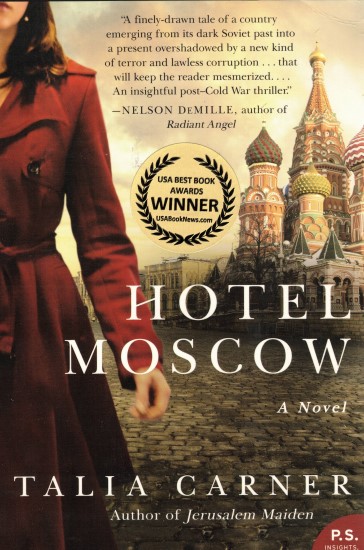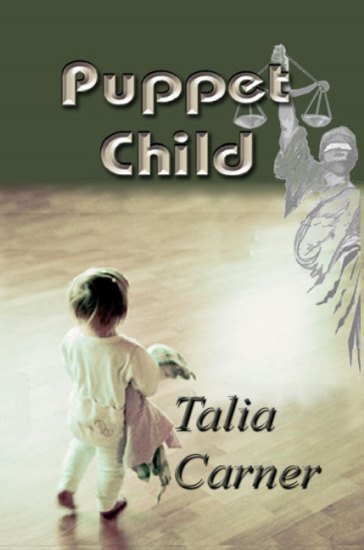Q: It’s hard not to wonder how much of this story is autobiographical.
A: None of it. Years ago I was in Family Court in what should have been a simple divorce case. Almost two years later, with my parents savings’ depleted and my children’s lives almost destroyed had I not put up a fight, I was left wondering how women and children with real problems—and none of my resources and stamina—could ever survive the justice system. I started paying attention, feeling enormous compassion for children whose mothers lost the battle.
On a more global note I must say that the forces that shape our lives—political upheavals, big governments, or the legal system—intrigue me with the infinite possibilities with which the human spirit can be either broken or rise above them. I bring to my book-length or short fiction the profound compassion I feel for children and parents when betrayed by those who are supposed to help them.
Q: How did you conduct your research?
A: 1) I sat in family court and spoke to the judges, who allowed me to sit at closed hearing proceedings. 2) I posted an 800 number where victims-mostly women-called me to tell me their heart-breaking stories. 3) I spoke with lawyers, judges, law enforcement personnel and family law activists I either knew personally or met on the Internet.
Q: How did the plot come into being? How did you structure the novel?
A: Actually, the characters wrote the story for me. They simply took over. When I first started, it was the character of the judge that was the most complex and intriguing for me. Then came Phil, the young law clerk with his own agenda, who challenged him. Rachel, the protagonist, grew into the story when her case became so compelling to me that in the rewrites I kept pushing her further to the forefront… In the first draft, I never knew which of the characters would tell the next chapter. But the three of them could only interact in a certain way that they plotted their way around one another. The danger in allowing characters to take over is that they often lead the writer astray. And sure enough, at the end, I had to cut many of their side stories in order to focus on the storyline.
Q: What were the moments of defeat and triumph in the process of writing this novel?
A: There were many sad moments as I listened to stories of women who, along with their children, were the victims of the justice system. These were people’s lives, years hijacked from children and mothers, never to be recaptured. I had some interesting moments of enlightenment when judges cooperated with me and even gave me their files to take home. The files included these judges’ personal notes. I was amazed at how these gregarious, well-meaning men were simply clueless as they victimized the victims. It was hard to sit still in court when they handed down insensitive or harsh rulings.
Later, I experienced moments of doubt when major publishers opined that Puppet Child, was a “very well-written page-turner, but readers don’t buy books with child abuse in it.” Never mind that Puppet Child, is not about child abuse, but rather about a mother’s struggle against the legal system. I discovered that what was OK for memoirs and other non-fiction books, was a “no-no” for fiction. “A novel is meant to entertain,” mainstream publishers claimed, “not to be a soap-box.”
Q: You have proven that you can tell a story that is entertaining while it carries an important social message. How did it finally come about?
A: I had learned a great deal from having established Business Women Marketing Corporation, at that time sidestepping the media giants, and, with a solid idea, actually becoming a competitor they had to reckon with. With my agent’s blessings, I signed up with a small publisher that, while standing behind me, offers me the freedom to make decisions. For example, the novel is coming out both in hardcover and soft cover almost simultaneously because I insisted on making Puppet Child price accessible to the broader number of readers. I am also making myself available to reading clubs—in person or by phone—and am accepting speaking engagements that cut on my writing time, but which give me enormous satisfaction. I am unwavering in my belief that, like me, many readers enjoy “intelligent women’s fiction” that teaches something while being engrossing, exciting, unforgettable. First and foremost, I am a mother, and while writing this work I allowed myself to be carried away with the emotions of indignation, courage and despair my protagonist, Rachel, was feeling when taking on the giant adversary in order to save her daughter. The advance reviews for the novel prove that my trust in the readers has been well placed. Puppet Child, has already been picked by several reading groups, and they have unanimously loved it. Every such positive feedback is a moment of triumph—not only for me, but for the message that finds yet another home.
